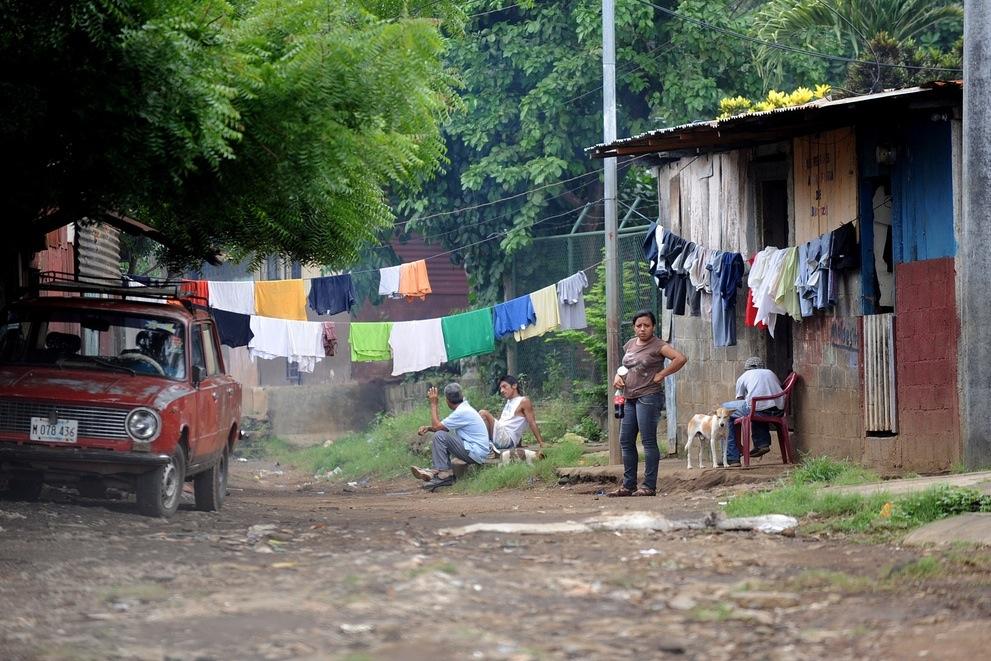Poverty is declining in Latin America
It’s one of the toughest traps to spring people from, but some countries are making progress.
Poverty in Latin America is at its lowest level in 20 years.
Not bad.
According to the Economic Commission for Latin America and the Carribean, the poverty rate dropped by 17 percentage points — from 48 percent to 31 percent. The indigent rate also dropped by 10 percentage points.
The group credits an increase in labor income, which would have been spurred by the economic boom in recent years. Governments have been spending more on social programs amid the global economic crisis, which has offered some relief for those struggling.
According to ECLAC's executive secretary:
“Poverty and inequality continue to decline in the region, which is good news, particularly in the midst of an international economic crisis. However, this progress is threatened by the yawning gaps in the productive structure in the region and by the labour markets which generate employment in low-productivity sectors, without social protection,” warned Alicia Bárcena.
The countries that have made the most significant gains recently? Peru, Ecuador, Argentina, Uruguay and Colombia. It's surprising Brazil didn't make it.
In Mexico and Honduras, both countries struggling with the effects of the drug war, poverty rose slightly.
The question now is whether the region can continue to slash poverty rates as it has been. It'll be increasingly difficult as the world braces for yet another slowdown. South American countries are already considering a move to shore up their emergency fund to aid countries with balance-of-payment problems.
They're still much better off than the so-called first-world nations, despite the inevitable crunch ahead. There's a reason the IMF came hat in hand to the region this week.
Every day, reporters and producers at The World are hard at work bringing you human-centered news from across the globe. But we can’t do it without you. We need your support to ensure we can continue this work for another year.
Make a gift today, and you’ll help us unlock a matching gift of $67,000!
